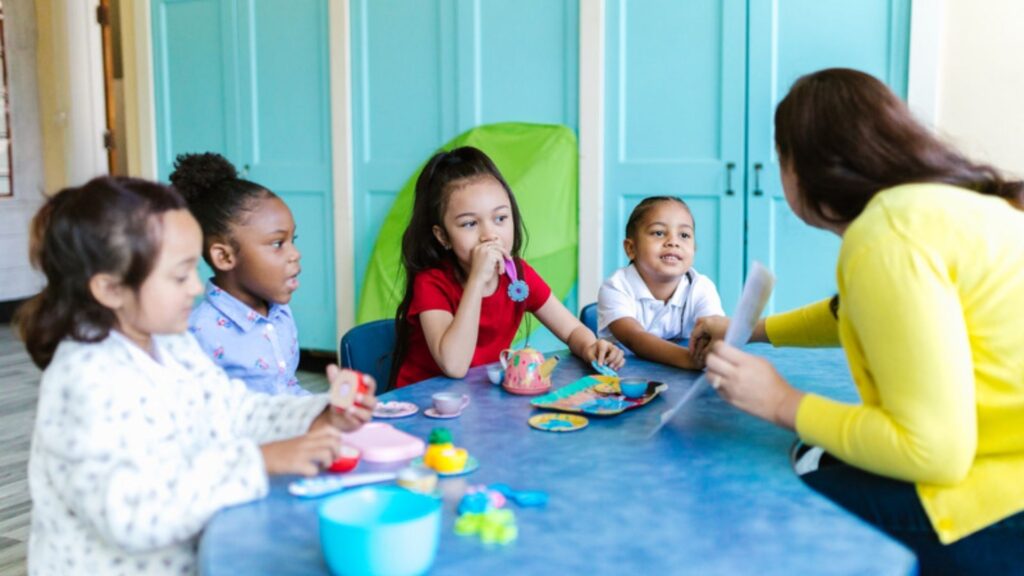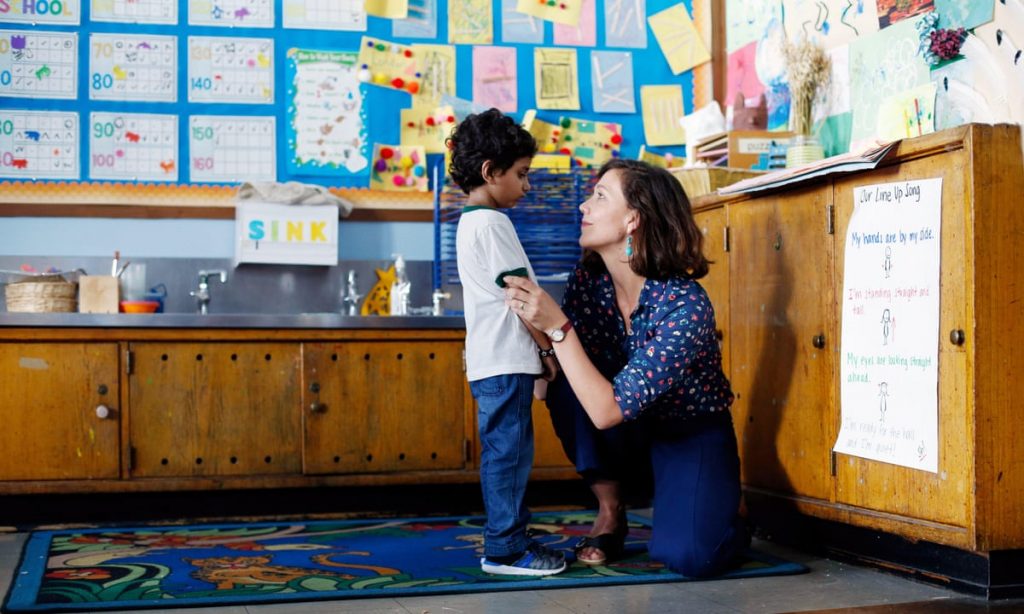Preschoolers With Extensive Vocabulary Have Better Chance Of Succeeding In School
A new study has confirmed that preschoolers' vocabulary is a major indicator of how well they will perform in school.

Verbal communication skills are a main pillar of the education system. Children who can properly communicate their thoughts are often more understood and so teachers are better able to help them through their lessons. Now, a new study has confirmed that this is helpful even for preschools. Preschoolers’ vocabulary can indicate how well they will do in class.
The study linked preschoolers’ vocabulary with behavior, noting that children who know more words are better able to control their inhibitions. 900 4-year-old children were studied for a 4-hour period. During this time, researchers observed the children’s interactions with teachers.
Children were asked to perform various tasks. From naming simple objects displayed in pictures, to tapping once when their teacher tapped twice, their behavior and communication skills were put to the test through various age-appropriate trials. What was found was that preschoolers with better vocabularies displayed heightened communication skills and self-reliance which produced more positive experiences. Those who acted out through conflicts with teachers and other students had trouble communicating and carrying out tasks, producing negative results.
The importance of language is well known to educators, but lately, studies have been displaying how early these skills truly develop. Even babies’ cooing begins to take on specific meanings by the time they are five months old. It is throughout the early child development years that many connections are made in the brain and so preschoolers’ vocabulary is proving to be of more importance than previously thought.
Parents can encourage language skills at home through various games and activities. From singing and clapping to expanding on the words they use, the more that families engage their little ones in speaking the more children will understand language. It is also important to acknowledge the difference between boys and girls because testosterone affects how the brain develops. About 12% of boys experience healthy natural speech delays due to high testosterone levels. These children are often highly intelligent and understand words, but are so busy thinking and communicating through physical means like building and playing that they do not talk as well or as often until later. Thomas Sowell studied and wrote about this in his book, Late-Talking Children, and so parents concerned about their preschool boys’ vocabulary can utilize that information to make their own individualized assessments.
Academic success is important to most parents. Encouraging preschoolers’ vocabulary habits can help students to achieve learning goals and grow into studious adults. Even so, verbal skills dominate much of the public education system and so that may play a role in these new findings.

There are many ways for children to learn and find success in their educational careers. This new study proves that preschoolers’ vocabulary skills are linked to success rates, but whether that is due to the verbal nature of most lessons or the importance of connecting thoughts to words and actions is uncertain. For now, parents are encouraged to talk to their babies and toddlers in order to promote healthy language skills. How children develop and grow depends on many factors including their biology and their learning styles.







